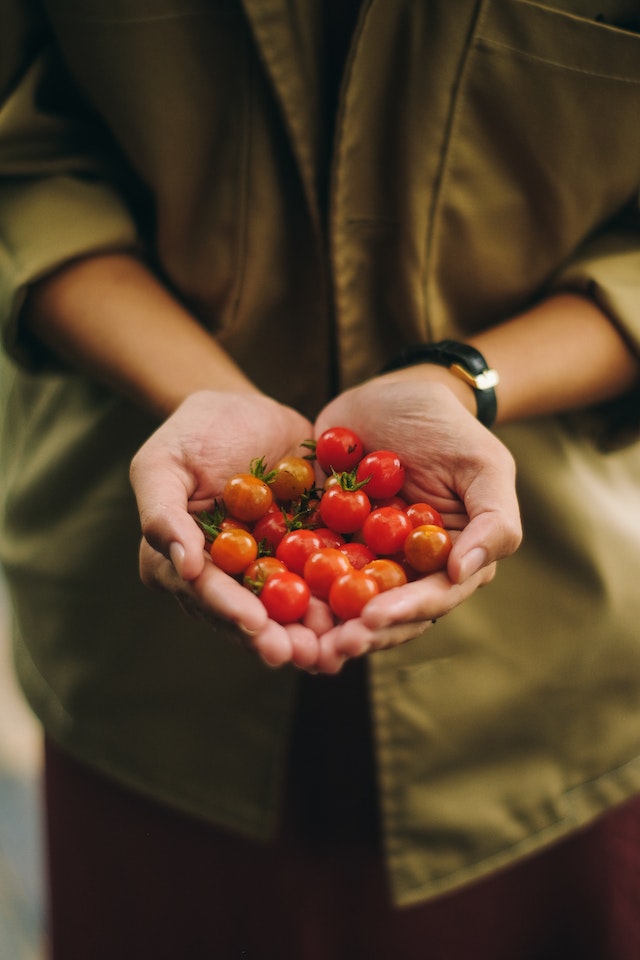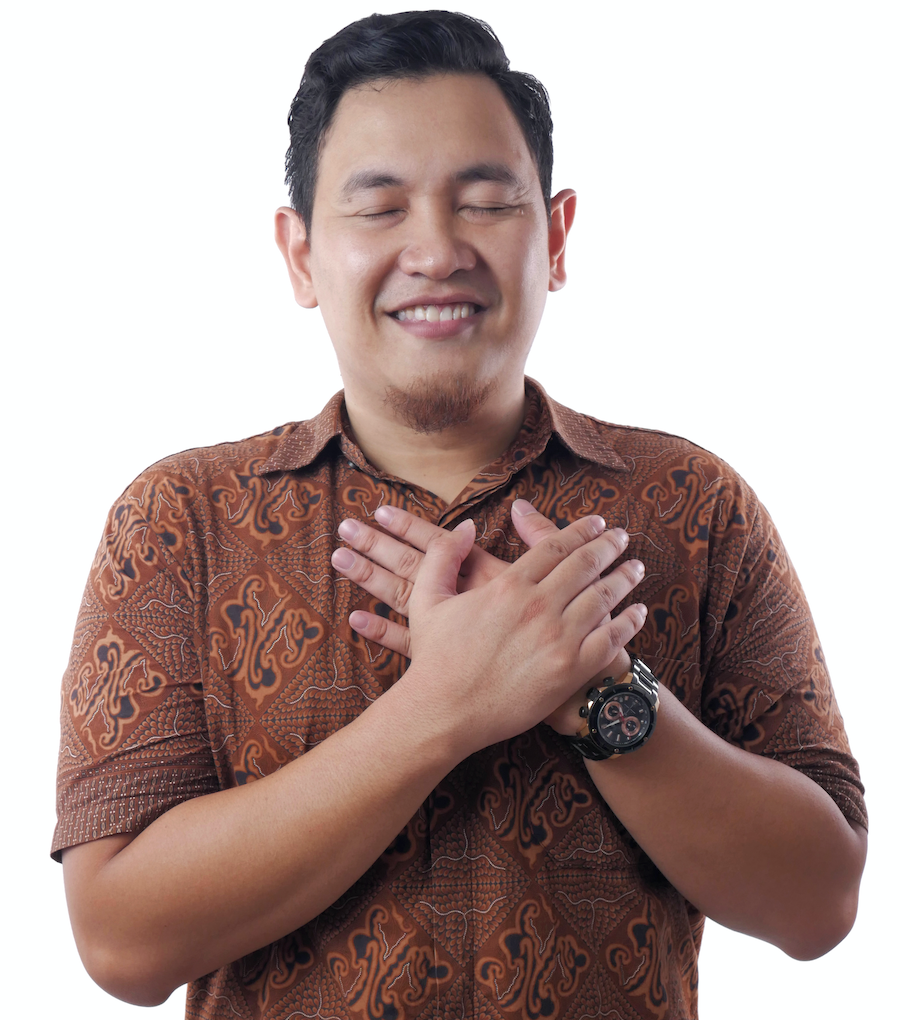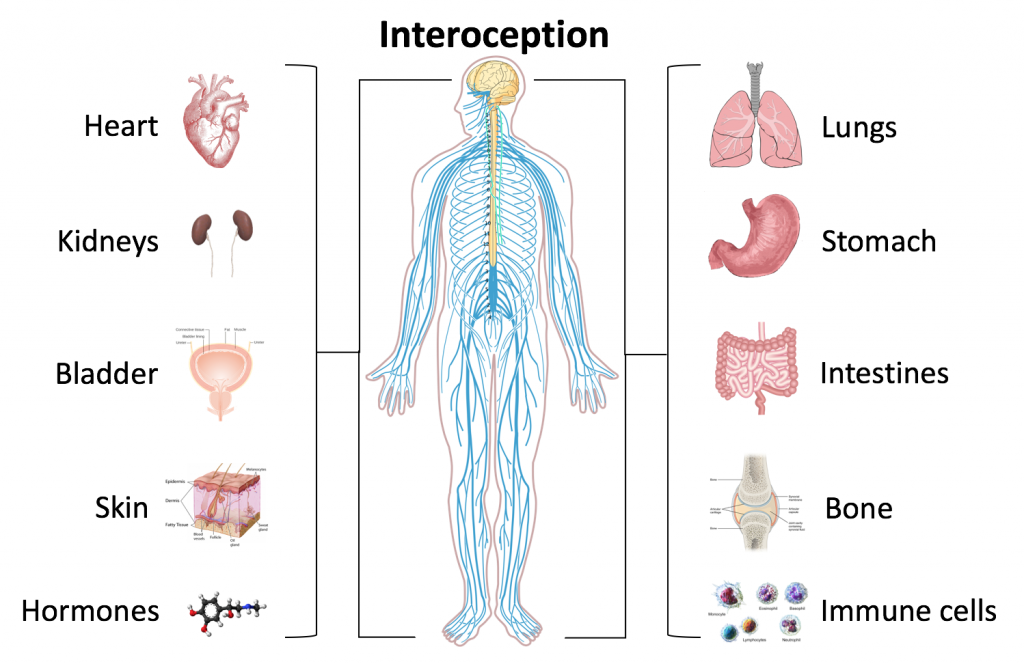Trauma Training Tip
Photo by Dương Nhân vía Pexels
We have entered the Earth season, Late Summer, a 5th season in the agrarian cultures of the world, including China. No more fruits will be set, but they will ripen and sweeten. It’s the best time of the year to eat – peaches, melons, tomatoes, zucchini are all abundant – sweet and tasty – and there to harvest for the coming months.
Our Taoist ancestors taught us that a healthy life is supported by living in harmony with the energy of each season. We can use the seasonal expressions to support our healing. So – the Late Summer is a beautiful time to explore gratitude for the gifts of the Earth. It will support us to harvest lessons from our year – and to contemplate whether those lessons are expanding or contracting our capacity to live in community.
The Earth season’s organs are the Spleen and the Stomach. Together, they help us receive nourishment from food – and from our life experiences. They help us transform that food and those experiences into digestible bits that support us to thrive and grow.
In terms of the Self Protective Response, the Earth supports us to “Digest the Gristle.” No matter how successful we were at navigating a dangerous or life threatening experience, there is always some gristle that remains behind. We may need some support to help us break down that experience, assimilate the lessons that support our next trip around the sun, and let go of the undigestible bits.
Clinicians can bring their attention and their touch to the viscera to help. There is a category of organs in Chinese medicine called the “Fu,” known as the hollow organs. Their job is to process and move “impure” substances, and to separate the pure from the impure for elimination. These organs include the stomach, the small intestine and the large intestine – as well as the Gall Bladder, Urinary Bladder and the Triple Heater. Consider how important it is for trauma survivors to have well-functioning organs designed to process and move impure substances and experiences and to separate the pure from the impure for elimination!
Alaine’s Two Cents
Dr. Christina Costa, a psychologist who studies well-being, shares her experience of the power of gratitude – and transforms her experience of a life-threatening brain tumor. She goes beyond the “fight” narrative of cancer – or any formidable personal journey – to highlight the brain benefits of an empowering alternative to fostering resilience in the face of unexpected challenges: gratitude.
Here’s her Ted Talk:
Check This Out!
The spiritual gift of the Earth season is gratitude. It’s a great time of year to practice gratitude. Keep a gratitude journal. Consider 3 things you are grateful for each day, send messages to people you are grateful for, put slips of paper with gratitude notes in a jar – and then draw a few when you need a lift through the year.
This Iroquois Prayer (adapted) is a beautiful one to help you sink into gratitude.
We return thanks to our mother, the earth,
which sustains us.
We return thanks to the rivers and streams,
which supply us with water.
We return thanks to all the herbs,
which furnish medicines for the cure of our diseases.
We return thanks to the corn, and to her sisters,
the beans and squashes,
which give us life.
We return thanks to the wind,
which, moving the air
has banished diseases.
We return thanks to the moon and stars,
which have given to us their light when the light was gone.
We return thanks to the sun,
that he has looked upon the earth with a beneficent eye.
Lastly, we return thanks to the Great Spirit,
in whom is embodied all goodness,
and who directs all things for the good of his children.
– From Earth Prayers From Around the World, edited by Elizabeth Roberts and Elias Amidon
Clinical Curiosity
Where is your clinical curiosity carrying you?
Send me a question or two and I will explore them with readers in this corner next month.
Q.
My patient is in his 40’s. He self-identifies as neurodivergent, with diagnoses of ADHD and autism. How can I best help him? He is modestly overweight, seems to have heightened experiences of his emotions and refers to confusion about interpreting many of his body functions – he will know he doesn’t feel “good” – but has a hard time describing how or where his body doesn’t feel good. He also says signals like hunger or thirst are elusive to him, so he often experiences problems with regulating his blood sugar or getting really dehydrated. How does this relate to trauma physiology?
A.
We are just beginning to better understand and embrace neurodivergence, ADHD, and autism.
One common characteristic of neurodivergent people is being challenged in their interoceptive sense. Interoception is our 6th sense – it gives us the ability to understand messages that come from our body – things like when we are hungry, cold, thirsty, or emotionally overwhelmed; when we need to wear a coat or a hat or bring an umbrella; even when our bladder is full or our colon needs to empty.
Our health and welfare, our ability to navigate our emotions and care for ourselves, requires interoceptive awareness. It’s critically important, perhaps the most important sense.
Much of our interoceptive capacity resides in our guts. “I knew it in my guts” is not just an old folk-saying. We do know who and what is safe or unsafe, cozy or challenging, in our guts.
When we experience high alarm, all of our energy necessarily goes to our muscles and joints to mobilize a protective, defensive response – a fight or flight. In doing that, we ideally temporarily, shut down peristalsis and gut function. Especially if this shutdown happens early in life, or becomes habituated, our interoceptive capacity may be compromised.
Whether this challenge in the guts of a person diagnosed as “neurodivergent” arises from experiences of threat in infancy, or is an inherited, genetic expression remains unclear. I do know that we can help people find more nuanced experiences of interoception by working with their viscera.
Start by explaining what you understand from them – and why you want to bring attention to their viscera. You want to secure their buy-in, so you can be attuned and in coherence with them. You want their understanding and consent. I recommend you start over their stomach, about in the middle of the area above the umbilicus and slightly to their left. Use your “listening” hands – no pressure, just attention. Invite them to join you with their attention. As their stomach wakes up, it may move, make some gurgles, or speak some embodied awareness. Help them track their sensations. You may feel called to move down towards their Small Intestine or to their Colon. Let their body and their sensations direct you.
Chapter 10 of The Tao of Trauma explores work with the viscera. It may help you help him understand what you are doing and why.
Jenara Nerenberg is a pioneer in the field. I highly recommend her book, Divergent Mind: Thriving in a World That Wasn’t Designed for You, and her website.



